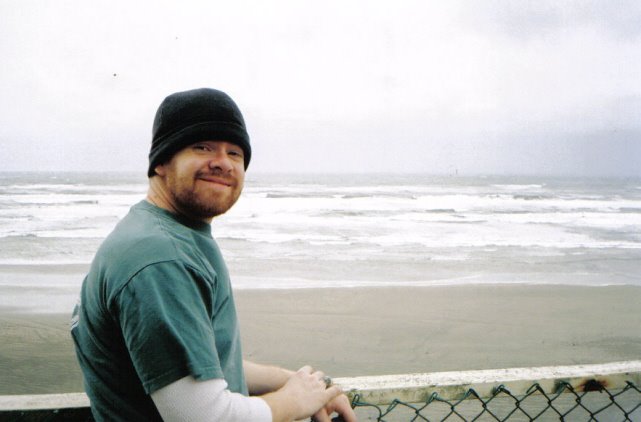Giving Season.
As a young boy, I was a big fan of the television show M*A*S*H. Hawkeye, Trapper, Burns, Hot Lips, all of them just made my day with antics and moral issues thinly wrapped into 23 minute shows. Later on in the show’s run, the jokes turned more serious. The commentary, more solemn. In one episode a ticking clock arises in the lower left corner of the screen (anatomical left.) The idea was that a soldier’s aorta, the large artery stemming off the heart, was mostly removed and the boy was bleeding to death. The team had twenty minutes to transplant the aorta of a soldier near death into the one they were attempting to save. Usual concerns of rejection, type and tissue matching were set aside for the drama of how the dying soldier’s buddy was against the idea that the doctors wanted to use his body as a donor bank, ignoring the idea that he’s a living man with family, friends and a life of his own. In the end, it was Father Mulcahy that convinces the skeptic with a simple argument:
First it’s the holidays and giving is always focused on as the seasonal act. What I contend is that giving is a natural act, something we all do every day. Be mindful of this, and the holiday season isn’t just at the end of November and December.
Second, I was reading in the 24 November issue of the Portland Tribune to read that OHSU had performed a stem cell implant into the brain of a child with Batten Disease. Did the donor know the recipient? In the case from the television show, the soldier had a life, made friends and otherwise. Even if we presume that the stem cells were derived from a dying fetus, or frozen embryo marked for discarding, isn't is conceivable that all humans want to try to do for others, even at the cost of the greatest sacrifice a human being can make?
I'm not asking for a specific morality to be the key, or even considering one thought being greater than another. Asking, thinking, trying, doing these are the acts of a person mired by guilt by cognizant of consequence.
Father: “Do you think he was the kind of man that would throw himself on a grenade to save the life of someone else?Why bring this up? Two reasons.
”Soldier: “Yeah. He would.”
Father: “Even if that person he was saving was someone he didn’t know?”
Soldier: “Of course.”
Father: “Well, that’s what he’s doing right now.”
First it’s the holidays and giving is always focused on as the seasonal act. What I contend is that giving is a natural act, something we all do every day. Be mindful of this, and the holiday season isn’t just at the end of November and December.
Second, I was reading in the 24 November issue of the Portland Tribune to read that OHSU had performed a stem cell implant into the brain of a child with Batten Disease. Did the donor know the recipient? In the case from the television show, the soldier had a life, made friends and otherwise. Even if we presume that the stem cells were derived from a dying fetus, or frozen embryo marked for discarding, isn't is conceivable that all humans want to try to do for others, even at the cost of the greatest sacrifice a human being can make?
I'm not asking for a specific morality to be the key, or even considering one thought being greater than another. Asking, thinking, trying, doing these are the acts of a person mired by guilt by cognizant of consequence.







<< Home